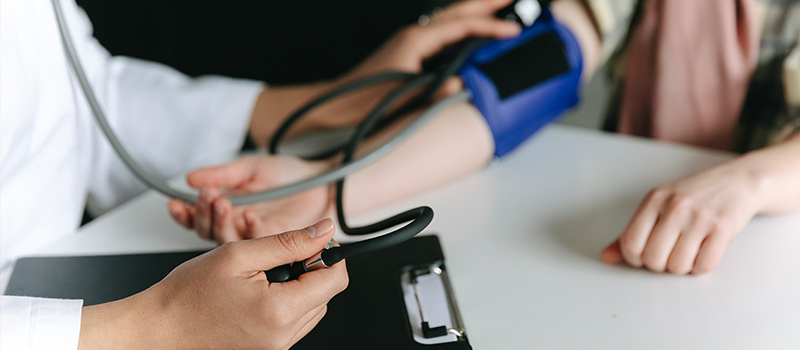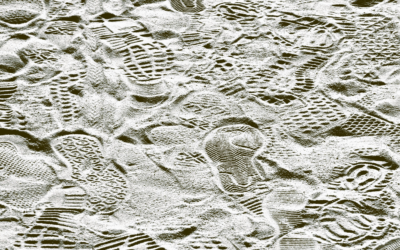Vascular Disease
From elementary science, you understand that your body’s primary transport system is your blood vessels. They carry blood rich in oxygen and other nutrients to different body parts. It follows then that blood vessels are vital to optimal health, and when they are damaged by disease, you will have significant health implications.
What is Vascular disease?
Vascular disease is any condition that harms your vascular systems, mainly arteries and veins, and, as a result, it hampers your normal blood flow leading to health complications. Vascular disease is often a result of blood clots blocking the vessels and preventing smooth blood flow. It
can also be caused by inflammation in the vessels, which narrows them, or genetics.
However, the leading cause of most vascular diseases is atherosclerosis. Atherosclerosis happens when plaque builds up inside the arteries, which causes them to narrow down and slows or blocks blood flow.

The causes of atherosclerosis are not well known, but certain factors increase your risk. These include:
- High blood pressure
- Smoking
- Diabetes
- Obesity
- Sedentary lifestyle
- High blood cholesterol levels
- A high saturated fat diet
Common types of vascular disease
There are different types of vascular diseases, often defined by the areas they affect. Unfortunately, most of them may show no symptoms until they happen. It is, therefore, essential to undertake regular screening and talk to vascular disease specialists to know about your risk
factors. They can also advise you on how to lead a healthy lifestyle. Below are some of the common vascular diseases.

Coronary artery disease
This disease is caused when atherosclerosis affects the arteries supplying blood to the heart. Unfortunately, it is the leading killer of adults in the US and can lead to heart attacks. Some of the symptoms you may have include;
- Chest pains (angina)
- Discomfort in the breastbone, either burning, pain, pressure, tightness, or heaviness
- Shortness of breath
- Nausea
- Vomiting
- Sweating
- Pain in the arms, shoulders, back, jaw, or neck
- Weakness and fatigue
Peripheral vascular disease
This vascular disease occurs when blood flow to your limbs is blocked or restricted. It also increases the risk of heart attack and strokes as the blood clots could be carried to the heart or the brain. You may have no symptoms or experience any of the following;
- Pain in the buttocks, calf, and thighs during physical activity
- No toenail or hair growth
- Sores on your feet and legs that take a long to heal
- Gangrene
- Impotence
- Varicose veins
- Reduced mobility
- Burning sensation or aching pain when at rest
- Unhealing wounds on pressure points like ankles and heels

Millions of Americans suffer from some of the most common forms of vascular disease. These diseases cause immeasurable pain and suffering, and treatment is also costly. It helps when you have early detection and specialist care. Washington Vascular specialists are your best bet if you
are in or around the Washington area.
We have a vast team of vascular specialists who will help you with everything from general screening to expert diagnosis, wound care, and treatment. We leverage the experience of the leading experts in the field and the best technology to give you or your loved one reliable and effective services and treatment. We have three locations making it easier for you to reach us, and we also provide a range of telehealth services.
Contact us today for any inquiries and more information about vascular diseases and how we can help you lead a healthy and quality life.



